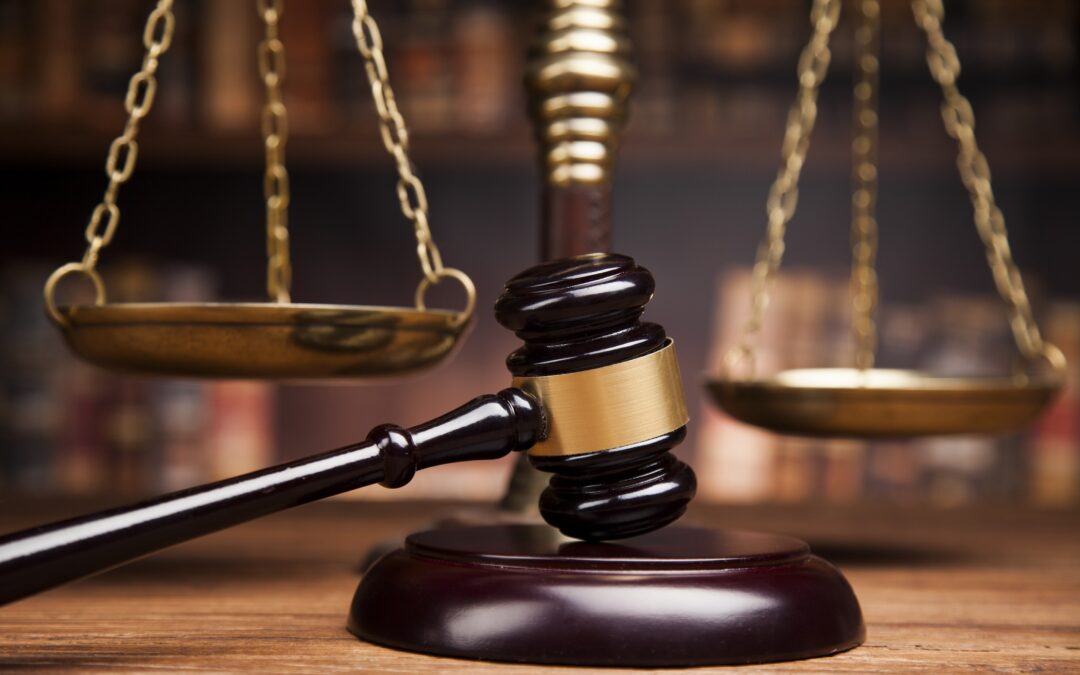
by admin | Jul 26, 2024 | Elections
PHOENIX, ARIZONA – Today, the Arizona Free Enterprise Club filed a lawsuit against the Make Elections Fair Arizona Act because it contains multiple separate constitutional amendments in violation of the Arizona Constitution. Arizona Free Enterprise Club v. State of Arizona requests the court to find this initiative in violation of the Arizona Constitution and to prohibit Secretary of State Adrian Fontes from including the initiative on the November General Election ballot.
If placed on the ballot and approved by voters, the Make Elections Fair Arizona Act would radically change how Arizonans select and approve candidates for public office, essentially copying the California voting system.
As the Arizona Free Enterprise Club highlights, the Arizona Constitution’s “Separate Amendment Rule” prohibits multiple constitutional amendments from being combined into a single ballot measure. The Make Elections Fair Arizona Act contains twelve different amendments, covering not less than three separate and distinct topics of election law, amending four different sections of the Arizona Constitution, and creating an entirely new section of the Arizona Constitution.
“In their rush to undermine the will of Arizona voters for future elections, the special interests that drafted this measure ignored our laws and our Constitution,” said Scot Mussi, President of the Arizona Free Enterprise Club. “This egregious disregard for law and order exudes arrogance from these parties and should disqualify their measure from the November ballot.”
In the brief before the court, the Arizona Free Enterprise Club alleges that this initiative contains multiple express amendments of Arizona’s primary and general election systems, that it implicitly amends multiple additional sections of the state constitution, that the official title acknowledges the initiative contains multiple amendments, that its drafters previously acknowledged the inclusion of multiple constitutional amendments covering distinct topics, that its “purpose and intent” section illustrates the separate and distinct nature of its amendments, and that the drafter’s own website acknowledges the initiative includes multiple amendments.
Joining the Arizona Free Enterprise Club as plaintiffs are qualified electors Susan Garvey, Kathleen Liles, and John Shadegg.
Read the brief here.
Help Protect Freedom in Arizona by Joining Our Grassroots Network
Arizona needs to have a unified voice promoting economic freedom and prosperity, and the Free Enterprise Club is committed to making that happen. But we can’t do it alone. We need YOU!
Join our FREE Grassroots Action List to stay up to date on the latest battles against big government and how YOU can help influence crucial bills at the Arizona State Legislature.
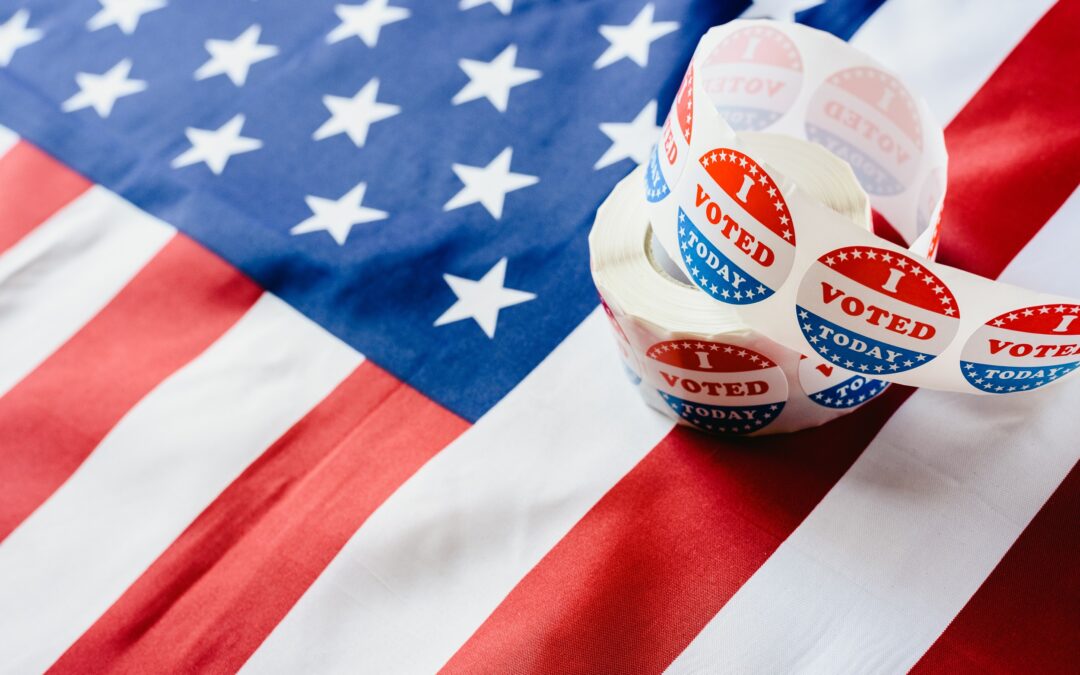
by admin | Jul 25, 2024 | Elections, News and Updates
The surge of border crossings continues. There is an election in just over 3 months. Many voters want to know—can illegals vote?
Obviously, it’s illegal for non-citizens to vote. The real question is whether voters must prove their citizenship prior to voting. This discussion has culminated in the U.S. House passing the SAVE Act earlier this month. But with near unanimous Democrat opposition, a federal proof of citizenship requirement has stalled in Congress.
As both a border and swing state, Arizona is center stage in this national discussion. Even Elon Musk chimed in by sharing an image of our voter registration form that clearly states “proof of citizenship” is not required to vote.
However, Arizona has done far more than any other state to tackle the issue of illegals voting.
In Arizona, if someone registers without proof of citizenship, they are registered as a “Federal Only Voter” and they receive a different ballot with only federal races. This means that: 1) we know exactly who and how many have registered without proof; and 2) they don’t get to influence any of our state or local elections.
In all 49 other states, proof of citizenship is not only not required, but they are all blended onto one list, and they get to vote in every election. So those states have no idea who or how many there even are! Their problem could be far bigger, and they would never know it.
Now with the decision from the U.S. 9th Circuit last week, Arizona will stop even more illegals from voting, thanks to a bill the Arizona Free Enterprise Club authored in 2022.
The truth is, Arizona has worked hard for two decades to stop illegals from voting and until the SAVE Act can be passed, every other state should follow our blueprint to protect their voter rolls and elections from non-citizens voting.
Arizona’s History of Requiring Proof of Citizenship to Vote
The foundation for allowing people to register without proof of citizenship was laid when Congress, in 1993, passed the National Voter Registration Act (NVRA), creating a voter registration form (Federal Form) that must be used by every state. This form does not (and has never) required proof, only a checkmark affirming citizenship. In response to this gaping loophole, Arizona voters, in 2004, approved Proposition 200, becoming the first state in the nation to require proof of citizenship to register to vote.
Immediately after Prop 200 went into effect, a coordinated lawfare campaign was launched to undo Arizona’s proof of citizenship requirement. Following a 2013 U.S. Supreme Court decision determining that the NVRA does require that states “accept and use” the Federal Form for federal races, Arizona created a bifurcated voter registration system. Those who register with the Federal Form without proof of citizenship are registered as ‘Federal Only Voters’ and can only vote in federal elections. Those who use the State Form without proof of citizenship have their applications rejected.
But the assault against Arizona’s proof of citizenship requirement continued, with another lawsuit filed in 2017 challenging the state registration form. This time, the Arizona Secretary of State, rather than going to court to defend the proof of citizenship requirement, quietly entered into a consent decree that bound Arizona to treat the State Form the same as the Federal Form—meaning, register them as ‘Federal Only Voters’ instead of rejecting the form.
The consent decree was a reckless and unnecessary capitulation to the lawfare left, and the result was an explosion of people registering without proof of citizenship. In the 2020 Presidential election, 11,600 Federal Only Voters voted in Arizona, a 582% increase in just two short years. For perspective, Joe Biden won Arizona by 10,457 votes.
A Proof of Citizenship Model for All States
That’s why, in 2022, the Arizona Free Enterprise Club authored and passed HB 2492, comprehensive proof of citizenship legislation that, among other things, nullifies the consent decree and reverts Arizona back to the practice of rejecting all state forms without proof of citizenship.
And that’s where this momentous 9th Circuit decision comes in, being celebrated on social media and by President Trump. Last week, a three-judge panel agreed in Mi Familia Vota v. Fontes that the proof of citizenship requirement in HB 2492 shall be allowed to go into effect, meaning every Arizona county must reject State Forms that do not include proof of citizenship. Failure to do so is a class 6 felony.
This decision will significantly improve the integrity of Arizona’s voter rolls as we head into the 2024 Presidential election. And we are still awaiting a ruling on the remaining provisions of HB 2492, key reforms designed to slam shut the ‘Federal Only’ loophole by stipulating that anyone that signs up as a ‘Federal Only’ voter is prohibited from voting by mail and is ineligible to vote for the President of the United States.
Arizona’s proof of citizenship legislation is the roadmap for stopping non-U.S. citizens from registering and voting in our elections. States don’t have to wait around to see if Washington will ever be able to solve this problem. Our passage of HB 2492 and this new ruling prove that every state has the power to act now. And they must.
Help Protect Freedom in Arizona by Joining Our Grassroots Network
Arizona needs to have a unified voice promoting economic freedom and prosperity, and the Free Enterprise Club is committed to making that happen. But we can’t do it alone. We need YOU!
Join our FREE Grassroots Action List to stay up to date on the latest battles against big government and how YOU can help influence crucial bills at the Arizona State Legislature.
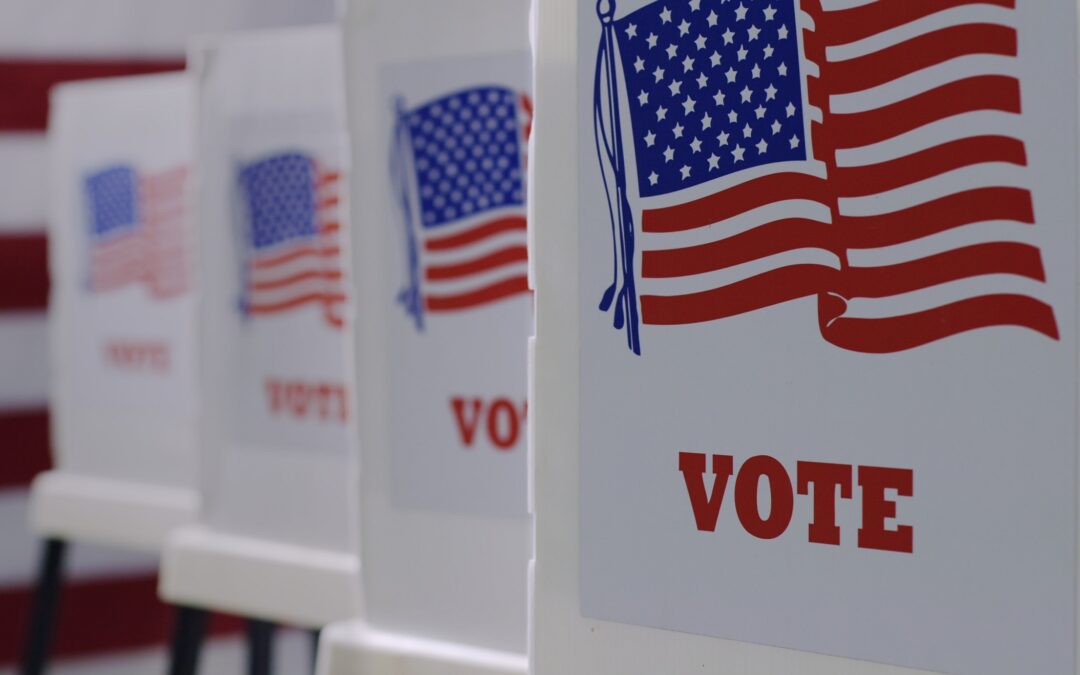
by admin | Jul 17, 2024 | Elections, News and Updates
PHOENIX, ARIZONA – Today, America First Legal, on behalf of the Arizona Free Enterprise Club and Strong Communities Foundation of Arizona, wrote a letter to each of the 16 county recorders in the state, reminding them of their obligation to remove foreign citizens from their voter rolls ahead of the November 2024 General Election.
In 2022, the Arizona Legislature passed – and then-Governor Doug Ducey signed – HB 2492, which bolsters safeguards to the state’s voter registration process to require proof of citizenship ensuring only U.S. citizens are voting in our elections. This legislation cracks down on state voter registration forms submitted without Documentary Proof of Citizenship, requires counties to attempt to ascertain the citizenship status for those who utilize the federal form, and makes proof of citizenship a requirement to vote by mail and for President of the United States. A district judge recently upheld many of the voter list maintenance provisions after challenges from liberal special interests and the Biden-led Justice Department.
HB 2492 was authored by the Arizona Free Enterprise Club.
“With the General Election quickly approaching, Arizonans still have serious concerns about the integrity of their votes – and for good reasons,” said Scot Mussi, President of the Arizona Free Enterprise Club. “It is unconscionable why any county would fail to clean its voter rolls to ensure that only American citizens are able to vote in U.S. elections. We intend to follow through with aggressive litigation should any of these elections’ officials ignore our request for strict compliance with state and federal laws. Arizonans deserve no less.”
In the letter, the coalition presents three arguments for county elections officials to consider.
First, that state and federal law prohibit foreign nationals from voting or registering to vote. No foreign national is authorized to register to vote in or to vote in state or federal elections, regardless of immigration status; and that there are severe immigration-related consequences for any violations. According to the Arizona Secretary of State’s Office, there are 35,273 registered voters in the state as of April 2024, who failed to provide proof of citizenship.
Second, that state and federal law impose requirements for counties to conduct voter list maintenance and remove foreign nationals from voter rolls. Arizona law requires counties to perform monthly list maintenance to confirm the citizenship of federal-only voters, and the Help America Vote Act (HAVA) requires list maintenance to ensure the removal of ineligible voters. The Arizona Attorney General is also required by law to verify proof of citizenship of these voters.
Finally, that county recorders have access to Department of Homeland Security (DHS) to verify citizenship or immigration status of registered voters on voter rolls – and DHS has a legal obligation to provide such information. These tools, enacted by the U.S. Congress, have existed for decades, along with provisions to initiate legal action should DHS fail to comply.
The coalition warns that failure from any county recorders to adhere to their responsibilities under the law may result in legal action.
Read the letter here.
Help Protect Freedom in Arizona by Joining Our Grassroots Network
Arizona needs to have a unified voice promoting economic freedom and prosperity, and the Free Enterprise Club is committed to making that happen. But we can’t do it alone. We need YOU!
Join our FREE Grassroots Action List to stay up to date on the latest battles against big government and how YOU can help influence crucial bills at the Arizona State Legislature.
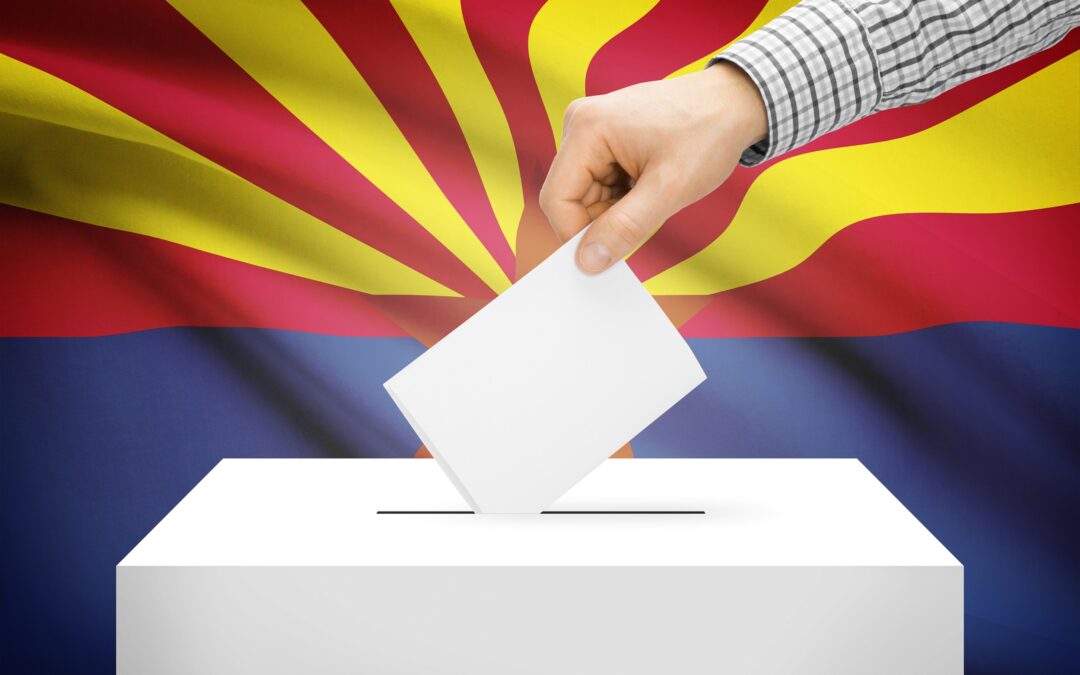
by admin | Jul 12, 2024 | Elections, News and Updates
This fall, the people of Arizona will have a number of critical decisions to make about the future of our state. But one initiative may be the most important issue facing voters in November.
Earlier this month, the special interests behind a plan to bring California-style jungle primaries and ranked choice voting to Arizona submitted signatures with the Arizona Secretary of State to qualify the so-called “Make Elections Fair Act” for the November General Election. If approved, this proposed constitutional amendment would not only make our elections unfair, but it would radically change how Arizonans select and approve candidates for public office in several alarming ways.
The Measure Grants One Politician Too Much Power
It’s never a good idea to give one politician total power over anything—especially an election—but that’s exactly what the Make Elections (Un)Fair Act would do. The measure grants one politician, in this case the Secretary of State, the power to determine how many candidates will appear on the general election ballot for each race. On top of that, the Secretary of State could even decide how many candidates advance in his or her own race.
Think about what this could mean.
The Secretary of State could go up and down the ballot selecting just two candidates for the general election in one race while selecting five in another race despite the fact that only one candidate can win. But it gets even more confusing. When two seats are open in the general election, meaning that two candidates would be elected, the Secretary of State can select four candidates for one race, but seven in another! This means that the Secretary of State could literally pick and choose all the way up and down the ballot the number of candidates in each race that would most benefit his own political party.
But that’s not even the worst part!
In his own race, if the Secretary of State determined that it would be better for him to go head-to-head with just one opponent, this measure allows him to unilaterally declare that just two candidates will be on the ballot. But if he felt like it would be better to “crowd the field,” he could put five candidates on the ballot to have his opponents fight with each other while he sneaks his way to victory. The Democrats like to talk about “protecting Democracy” (even though we’re a constitutional republic). Does that sound like Democracy to you?
Jungle Primaries Will Result in Races Where Only One Political Party Is on the General Election Ballot
It’s bad enough that some Arizona voters have been disenfranchised in recent elections, but jungle primaries would take this to a whole new level. If this system becomes our reality, we will most certainly see elections in which candidates from only one political party will appear on the general election ballot. That would mean that under this scheme, we could have a November election where your choice for governor only includes Democrats or vice-versa.
This possibility should concern every Republican, Democrat, and anyone in between.
A system like this gives voters no real choice in the general election. It’s completely unfair and is another radical way to leave even more voters in our state disenfranchised.
The Measure Would Force Voters to Navigate Two Completely Different Voting Systems on the Same Ballot
Are you confused enough already? Well, we’re not done. The language of the Make Elections (Un)Fair Act would create a confusing new system for voting that requires the use of a complicated ranking system for some candidates but not for others.
That’s right. Under this flawed system, we would end up with a patchwork ballot where you’re choosing between two candidates in one race and then ranking a set of candidates in your order of preference in the very next contest. This insane voting process would increase tabulation errors, require longer ballots, create longer lines at the polls, and delay election results for months. Clearly, this is not the road Arizona should be heading down.
The reality is that jungle primaries and ranked choice voting are radical election schemes imported from California by out-of-state special interests with a thirst for more influence and control over our state’s political process. Both systems are confusing, unfair, and will disenfranchise voters. And the only ones who stand to gain are the ones with the money to manipulate the system.
As you’re preparing to vote this November, just remember that copying our election system after California is an insane idea. And vote NO on the Make Elections (Un)Fair Act.
Help Protect Freedom in Arizona by Joining Our Grassroots Network
Arizona needs to have a unified voice promoting economic freedom and prosperity, and the Free Enterprise Club is committed to making that happen. But we can’t do it alone. We need YOU!
Join our FREE Grassroots Action List to stay up to date on the latest battles against big government and how YOU can help influence crucial bills at the Arizona State Legislature.
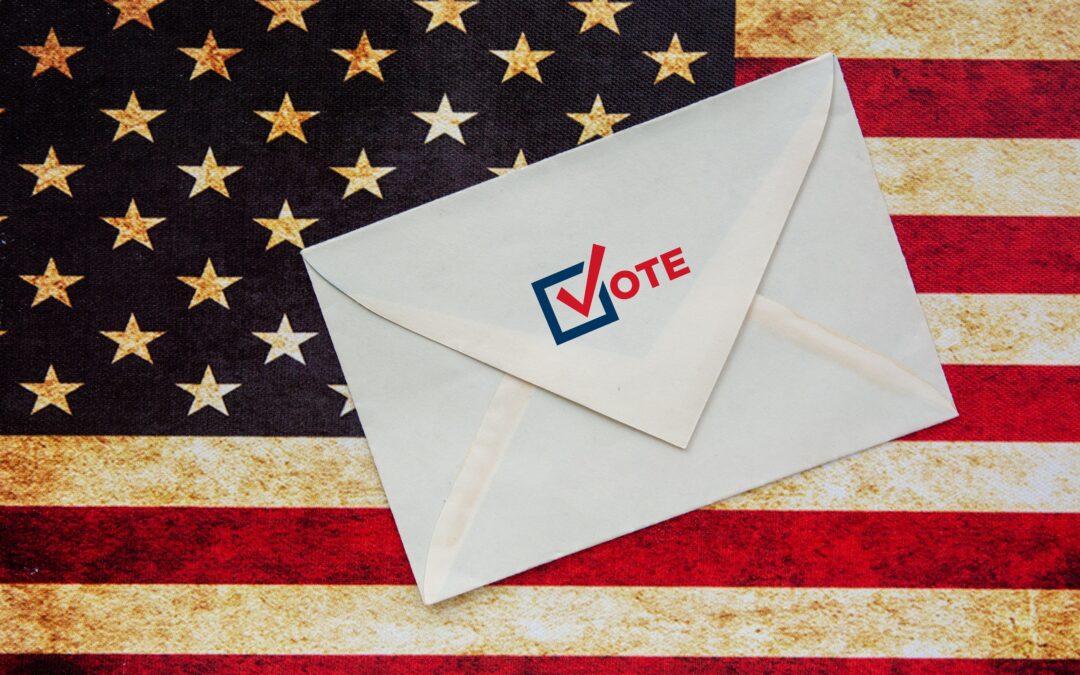
by admin | Jul 10, 2024 | Elections, News and Updates
PHOENIX, ARIZONA – Last week, the special interests behind a plan to bring California-style jungle primaries and ranked choice voting to Arizona submitted signatures with the Arizona Secretary of State to qualify their initiative for the November General Election. If approved by voters, this proposed constitutional amendment would radically change how Arizonans select and approve candidates for public office.
“This fall, Arizonans will have a number of critical decisions to make about the future of our state, but this initiative may be the most important one facing voters,” said Scot Mussi, President of the Arizona Free Enterprise Club.
If passed by voters, The Make Elections (Un)Fair Act, which copies the California voting system, would do the following for future Arizona elections:
- Allows one politician, the Arizona Secretary of State, to decide how many candidates qualify for the general election ballot for every single contest, including his or her own race.
- Would result in some races where candidates from only one political party appear on the general election ballot.
- Would force voters to navigate two completely different voting systems on the same ballot, with some races requiring voters to rank candidates and others that do not.
- Will increase tabulation errors, create longer lines at the polls, and significantly delay election results.
“This initiative is nothing more than a California-style election scheme, which would give unilateral power to one politician to determine the candidates on our ballots. It is not fair, and it is not honest,” said Mussi. “If it is determined that this measure did submit enough valid signatures, we will ensure voters know exactly how undemocratic and unfair these policies will be for future generations.”
Read more about this radical and confusing initiative here.
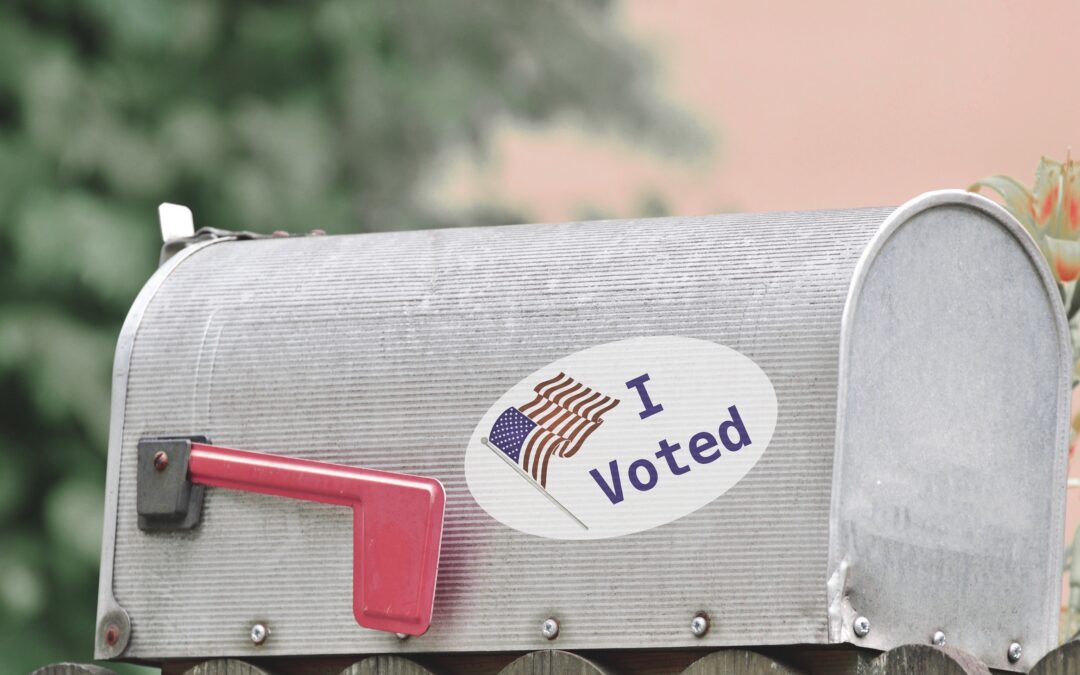
by admin | Jun 4, 2024 | Elections, News and Updates
PHOENIX, ARIZONA – Late last week, Scot Mussi, the President of the Arizona Free Enterprise Club, filed a lawsuit in the U.S. District Court for the District of Arizona over the State’s failure to comply with Section 8 of the National Voter Registration Act (NVRA), which requires states to “conduct a general program that makes a reasonable effort to remove the names of ineligible voters from the officials lists of eligible voters by reason of … (A) the death of the registrant; or (B) a change in the residence of the registrant” to maintain accurate voter-registration records in a uniform manner across the state.
“Election integrity is a serious issue in our nation,” said Mussi. “Ensuring that Arizonans can have faith in the integrity of our election system and representative government starts with clean voter rolls that leave no doubts about who is able to cast a ballot. That’s why we sent a prelitigation notice to Secretary Fontes last August highlighting the artificially high voter registration rates. Unfortunately, most Arizona counties continue to have voter registration rates far exceeding the national average. We hope that the court compels Secretary Fontes to comply with his obligations under the NVRA to clean up Arizona’s voter rolls.”
Joining Mussi as Plaintiffs in this challenge are the Chair of the Republican Party of Arizona, Gina Swoboda, and Steven Gaynor.
In their lawsuit, the Plaintiffs argue that Arizona Secretary of State Adrian Fontes has failed to perform his mandatory list maintenance duty under the NVRA. For example, the most recent voter registration and census data show that up to four Arizona counties – Apache, La Paz, Navajo, and Santa Cruz – have more registered voters than eligible citizens. The remaining counties across the state have implausibly high voter registration rates that far exceed the average national and statewide voter-registration rates in recent years. Consistent with these artificially high registration rates, the complaint alleges that Arizona has at least 500,000 registered voters on the rolls who should have otherwise been removed because they are deceased or no longer reside in Arizona.
The Plaintiffs ask the federal court to find that Secretary Fontes is in violation of Section 8 of the NVRA, and to require the Secretary to fully comply with any existing procedures Arizona has in place to ensure ineligible voters are identified and removed from the rolls.
Read the complaint here.







Recent Comments